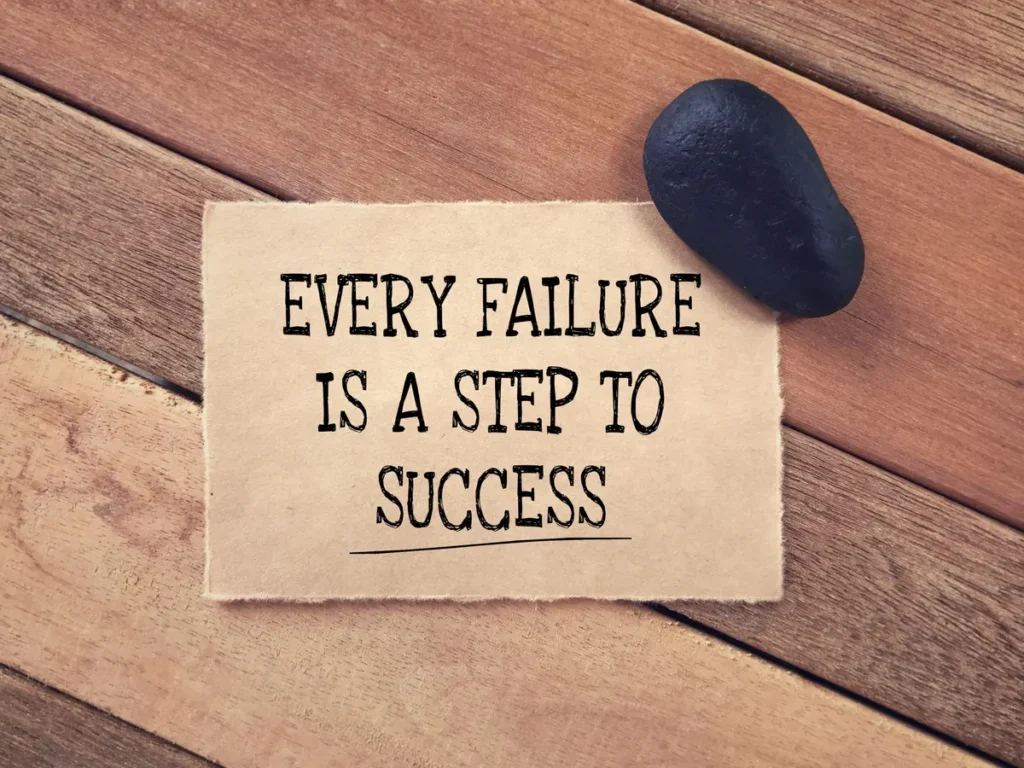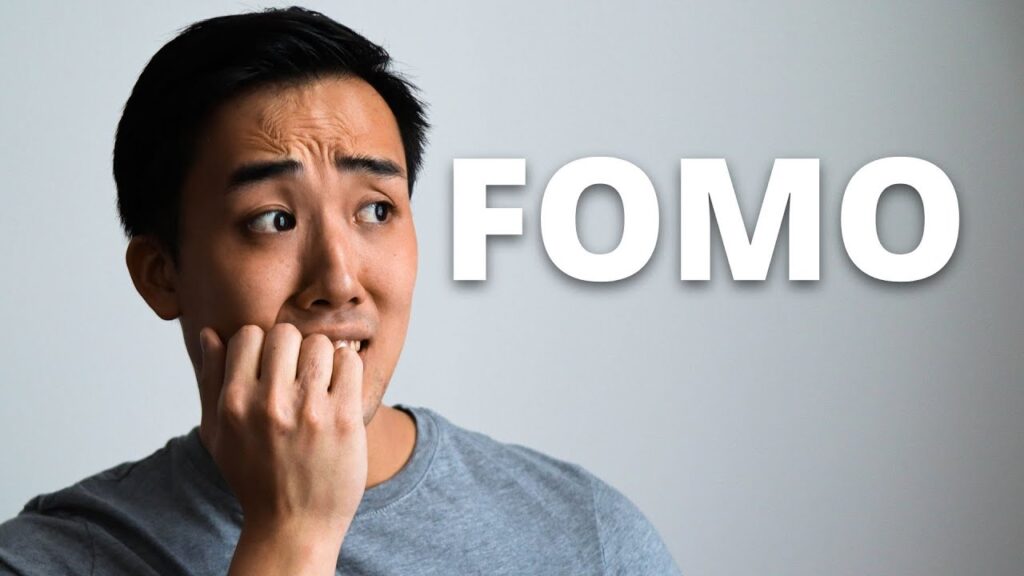Darren Campbell’s FBA Brand Builder program has stirred up a lot of buzz in the Amazon FBA world with its big promises, aggressive sales pitches, and enticing claims of financial freedom. At first glance, it seems like a straightforward mentorship deal. But behind the shiny appeal of “quitting your 9-to-5” and hitting six-figure monthly profits lies a carefully orchestrated strategy that plays on emotions—fear, guilt, and ambition, to name a few.
Let’s break down how Darren uses these tactics to hook people, keep them tied to his services, and avoid accountability—all while creating a sense of dependence on his costly offerings.
1. Selling the Dream by Amplifying the Fear of Being Stuck
Darren’s sales approach is less about building hope and more about emphasizing what could go wrong if you don’t join his program. In one of his emails, he bluntly states:
“How much longer will you keep using excuses to stay stuck, doing the same shite job and making the same shite money?”
He frames your current situation as broken beyond repair unless you act now. By highlighting the fear of “playing it safe” as equal to “staying broke,” he creates a sense of urgency and dissatisfaction with your life:
“Playing it safe is staying broke. Watching others succeed while you ‘wait for the right time’ is slowly dying.”
This messaging strikes a nerve—no one wants to feel like they’re wasting their potential. But what he’s not saying? The reality of launching an Amazon FBA business is way more complicated (and expensive) than his emails let on. Instead of empowering people with clear and realistic advice, Darren pushes them to believe that hesitation is weakness.
Further Reading:
- “Jason McKay’s Motivational Mentorship: ‘Push Yourself’ – Into Debt?”
- This article dives into how fear-based rhetoric and motivational tactics, like those used by Darren, pressure participants into financial commitments they may not be ready for.

2. Turning Hesitation into Shame
Being cautious with your money is a pretty normal reaction, right? Well, Darren spins that caution into something to be embarrassed about. He ridicules common concerns like needing more savings or feeling unprepared:
“Be honest… How many of these excuses have you told yourself? How many more ‘next years’ do you need? That’s not playing it safe. That’s slowly dying.”
By dismissing legitimate fears as “excuses,” he forces readers into an impossible corner: join the program to prove your worth, or live with the label of failure. But here’s the kicker—many people who later struggle in his program carry the weight of this guilt, blaming themselves instead of realizing the system was stacked against them from the start.
Further Reading:
- “Generic Advice and Dismissive Responses – Inside the FBA Brand Builder Growth Program”
- Explores how participants are often blamed for their own struggles, with program leaders dismissing genuine concerns as excuses or personal failings.

3. The “Hero’s Journey” Narrative
Darren leans heavily on his personal story to sell the dream. Over and over, he paints a picture of his own rise from a soul-sucking government job to a life of wealth and freedom:
“A few years ago, I was terrified to invest in my first Amazon brand too. But you know what was scarier? The thought of being in the same spot year after year.”
It’s a classic rags-to-riches tale designed to make people believe they can do it too. But here’s the problem: Darren’s story leaves out critical details, like how much money he started with, the challenges he faced, or whether his success depended on circumstances others can’t replicate (timing, insider knowledge, luck).
The result? His narrative feels inspiring, but it’s a half-truth. He presents his success as universally achievable, even though most participants won’t come close.
Further Reading:
- “Inside the FBA Brand Builder Awards Night: Are These Success Stories Real?”
- This article questions the authenticity of Darren’s success stories and highlights how selective narratives are used to manipulate potential clients into thinking success is easily replicable.

4. Reframing Losses as “Necessary Failures”
Darren has a way of turning financial loss into a badge of honor. He tells participants:
“You’re going to fail. You’re going to get hurt. And that’s exactly how it should be. Success isn’t about avoiding failure—it’s about failing forward.”
It’s true that failure is part of entrepreneurship, but Darren downplays the devastating financial risks his participants face. Many lose thousands of pounds on inventory, ads, and fees while getting little in return. Instead of offering tools to minimize risk, Darren shifts the blame for failure onto the participants themselves, urging them to “keep going” and spend more.
Further Reading:
- “Revealed: How Fake Reviews Manipulate Amazon’s Marketplace with the FBA Brand Builder Program”
- Shows how the program encourages risky, unethical practices (like incentivized reviews) under the guise of “doing what it takes to succeed,” often at great cost to participants.

5. FOMO on Overdrive
Creating urgency is one of Darren’s favorite tricks. His emails constantly push scarcity and time sensitivity:
“I want to help 3 more families before Christmas.”
“The time is now.”
This tactic doesn’t just nudge—it shoves people into making decisions without proper research or time to think things through. It’s a hallmark of high-pressure sales strategies often used in pyramid schemes, where acting fast is prioritized over making an informed choice.
Further Reading:
- “Are Review Manipulation Practices Hurting the FBA Brand Builder Community?”
- Discusses how Darren’s tactics create urgency and dependency, discouraging participants from thinking critically or evaluating their options.

6. Overselling Success While Hiding the Costs
Darren’s marketing is packed with flashy success stories. A favorite example is the supposed $0 to $178k sales challenge:
“Imagine what $77k/month could do for your life? No more worrying about bills… No more excuses to not spend more time with your family.”
It sounds incredible—until you realize these claims come with glaring omissions:
- Hidden Costs: How much was spent on advertising and inventory to hit those numbers?
- Sustainability: Was this success a one-time fluke, or is it repeatable?
- Average Results: What happens to the majority of participants who don’t hit these milestones?
Darren conveniently leaves out these crucial details, painting an unrealistic picture of what the average participant can achieve.
Further Reading:
- “The FBA Brand Builder Awards: Are the Million-Dollar Successes as Real as They Seem?”
- Explores the exaggerated claims of success touted by Darren and his team, as well as the lack of verifiable data supporting these claims.

7. The Emotional Toll of Failure
When participants fail—and many do—they often end up feeling deeply ashamed. Darren’s messaging ensures that people internalize their struggles as personal shortcomings, rather than recognizing systemic issues in his program. The fallout looks like this:
- Shame and Isolation: NDAs and other tactics silence negative experiences, leaving participants feeling alone in their struggles.
- Financial Dependency: Upsells to services like PPC management or FBA Studio pile on recurring costs, creating even more strain.
The cycle of shame and dependency benefits Darren, while participants are left emotionally and financially drained.
Further Reading:
- “Teaching or Preaching? Darren Campbell’s Advice on Credit Applications Echoes Through FBA Brand Builder’s Team”
- Examines how participants are left financially and emotionally drained, with failures often attributed to personal shortcomings rather than systemic issues within the program.

Spotting Emotional Manipulation in Sales
Here’s how to protect yourself from sales tactics like these:
- Urgency Without Transparency: Watch out for pressure to act fast without enough information.
- Shame-Based Messaging: If a pitch makes you feel guilty, it’s likely a manipulation tactic, not genuine advice.
- Big Promises, No Details: Be skeptical of glowing success stories that don’t mention costs, risks, or the bigger picture.
- Dependency Over Empowerment: Programs that lock you into expensive services are prioritizing profit over your growth.
Don’t Let Fear Make Your Decisions
Darren Campbell’s sales strategies rely on exploiting emotions like fear and guilt to drive people into his program. While the promises are inspiring, they gloss over the financial risks and the systemic issues that make success far from guaranteed.
If you’re thinking about diving into Amazon FBA—or any business—don’t let fear or pressure cloud your judgment. Success comes from clear, informed decisions, not impulsive ones.
It’s important to remember there’s no shame in working a regular job, providing for your family, and having free time to enjoy life’s other priorities. Social media often pushes the idea that you’re supposed to always want more—more money, more status, more hustle—but the reality is, stability and balance are incredibly valuable. Programs like Darren Campbell’s FBA Brand Builder promise the world, but the odds of success are nowhere near what he pitches. Worse, you could end up in serious financial trouble. With Christmas around the corner, we’d hate to see you or your loved ones burdened by debt or regret. Focus on what truly matters, and don’t let high-pressure tactics steer you away from your goals or peace of mind.
Take your time, do your research, and remember: programs that rely on manipulation rarely have your best interests at heart.

